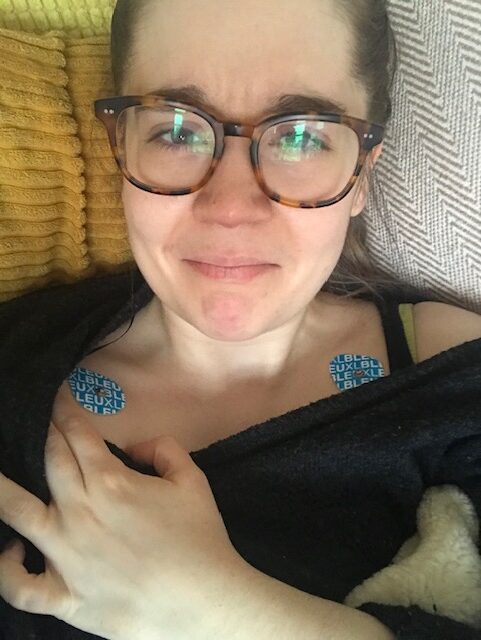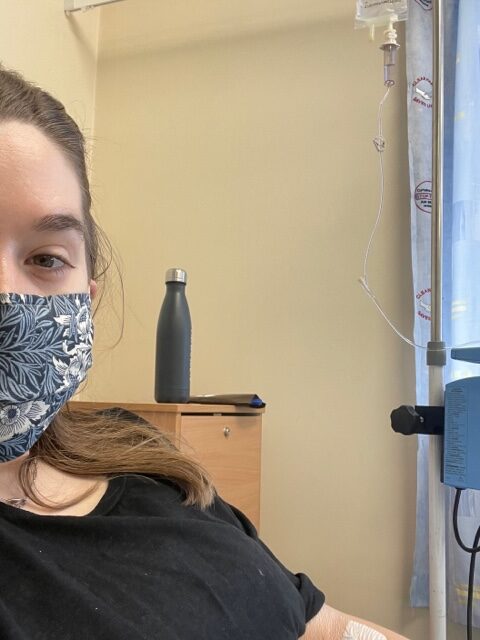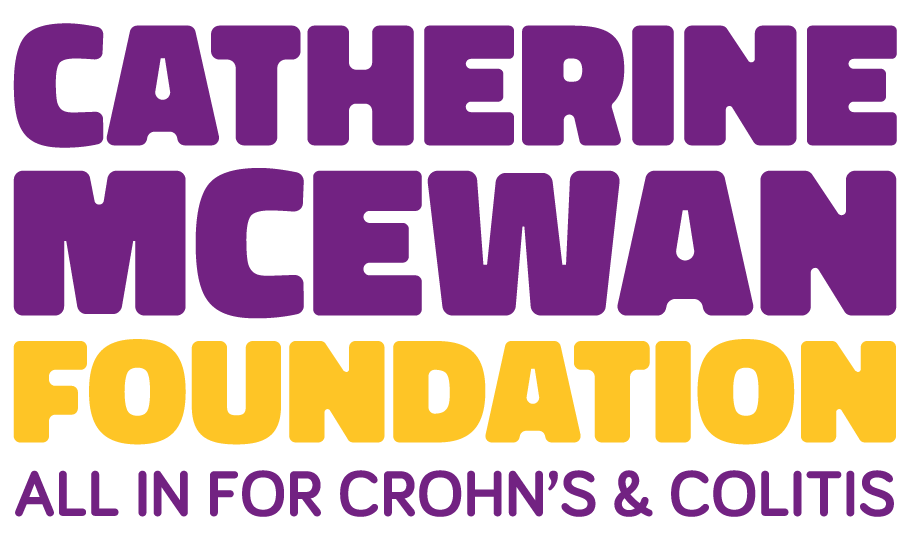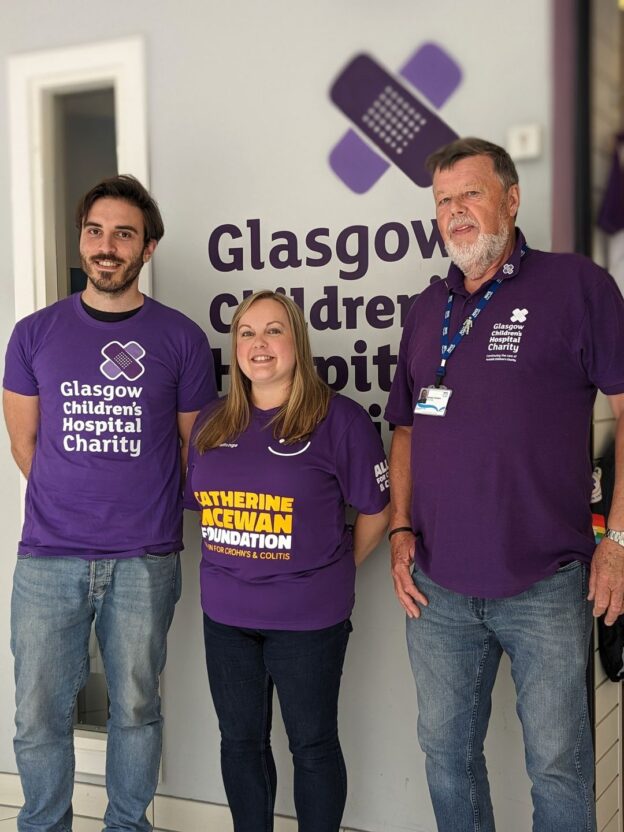
Author Archives: Claire

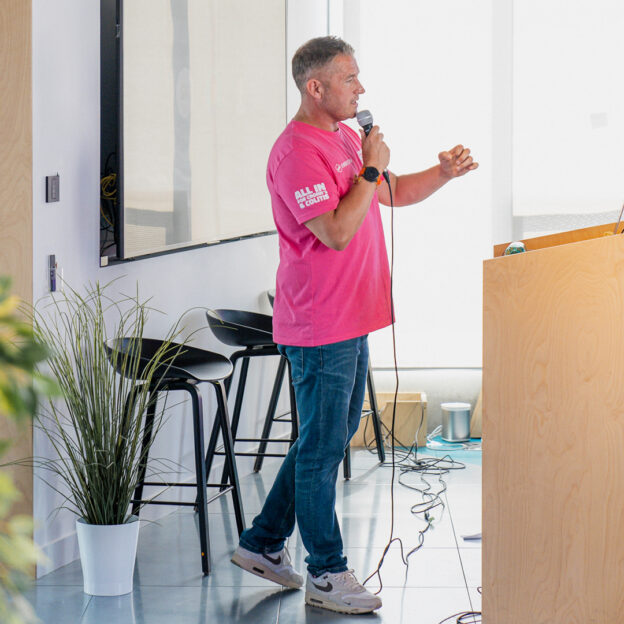
Sharing our story with the Made Brave team
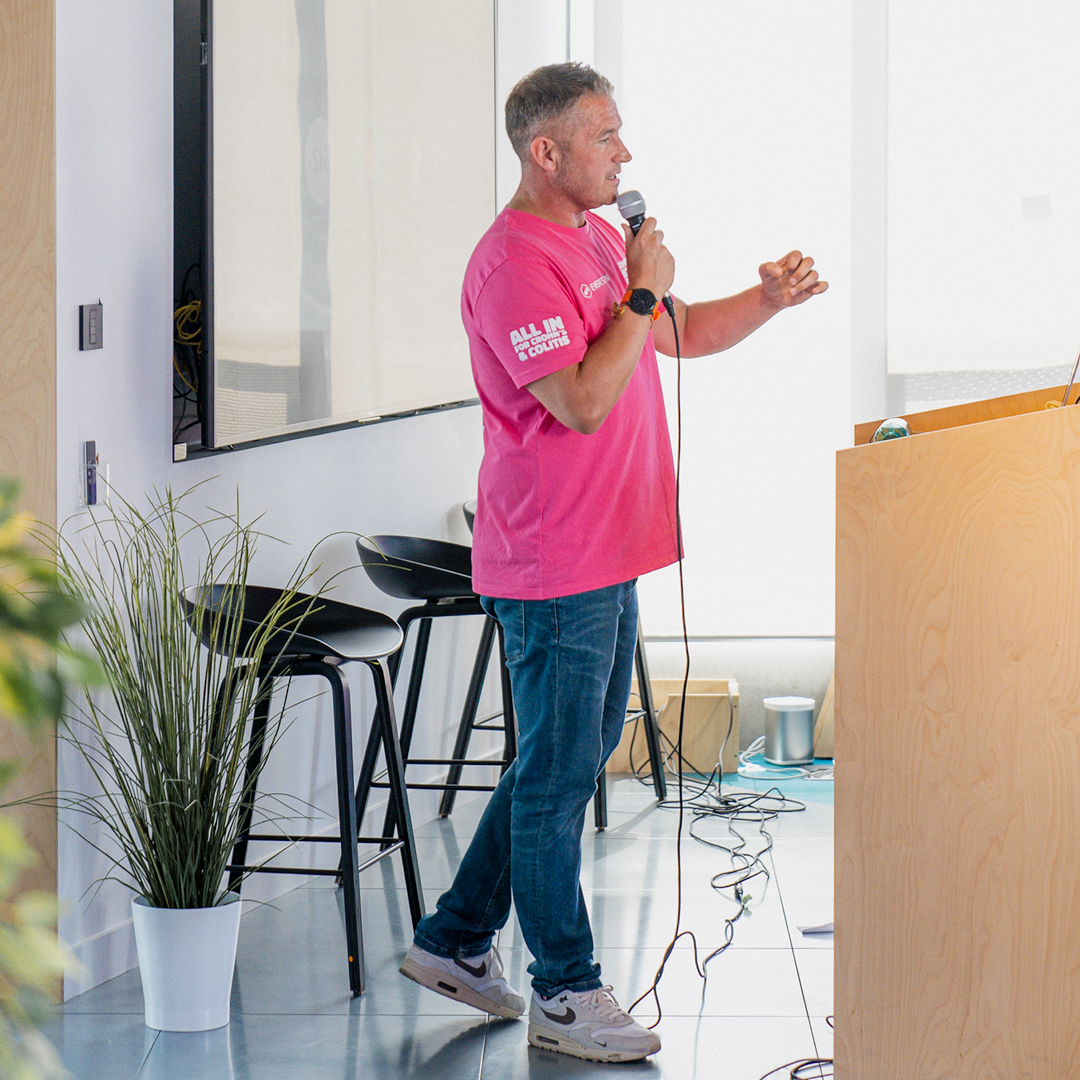
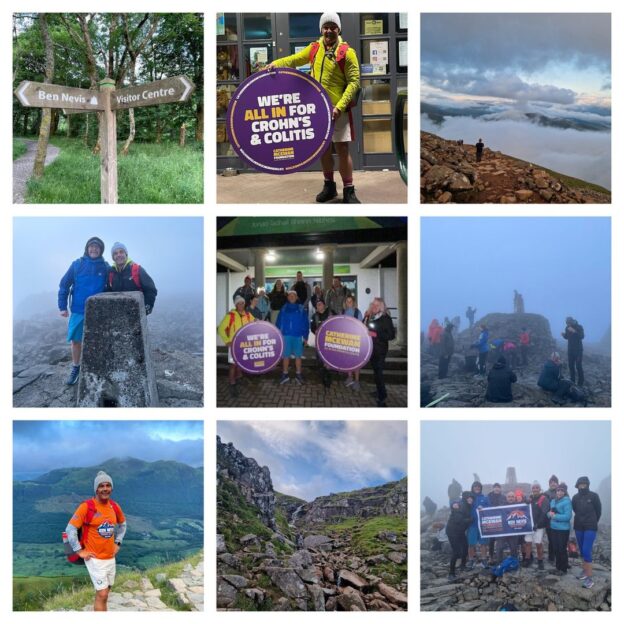
Summer Solstice Ben Nevis climb
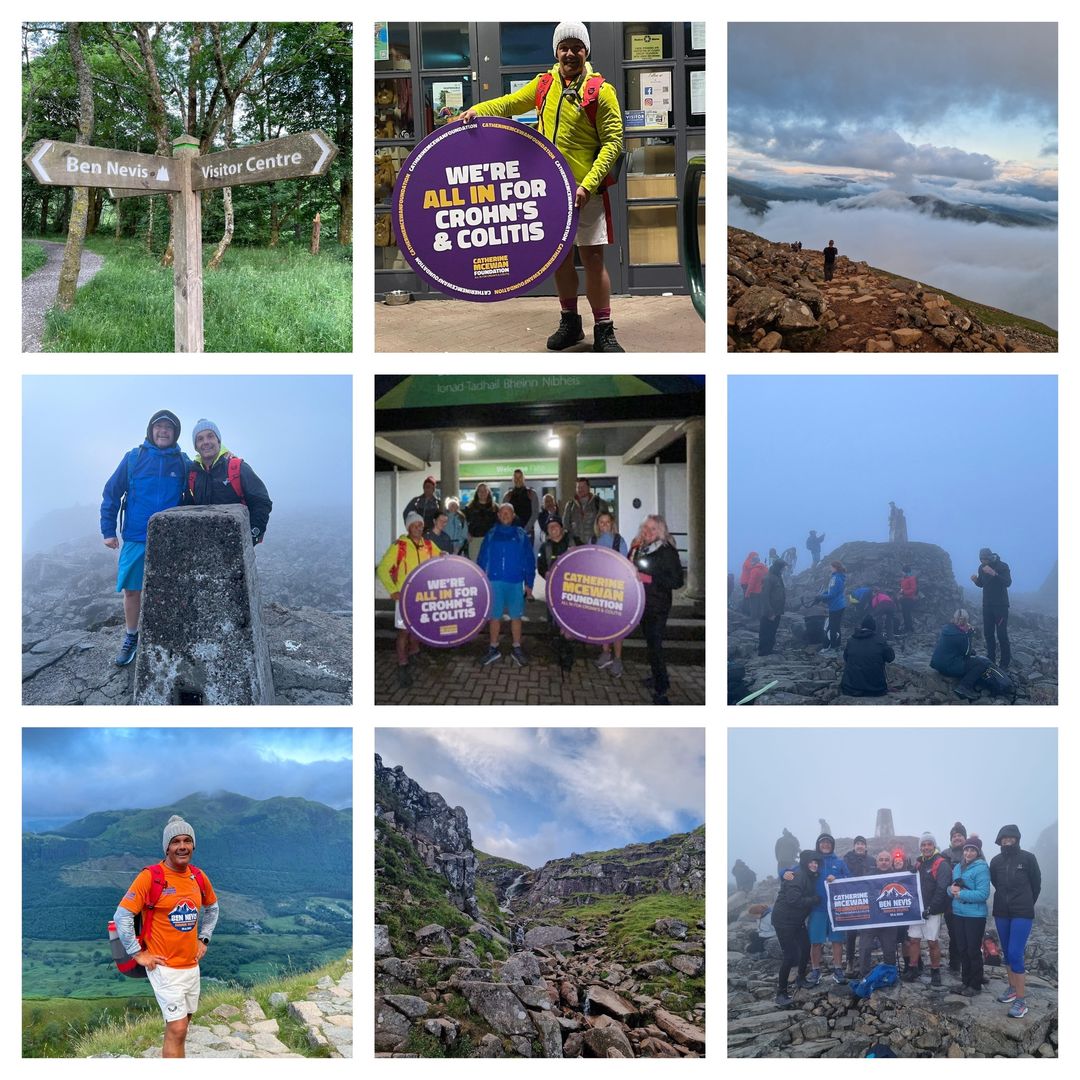

GBX x Catherine McEwan Foundation charity single Shine now available.
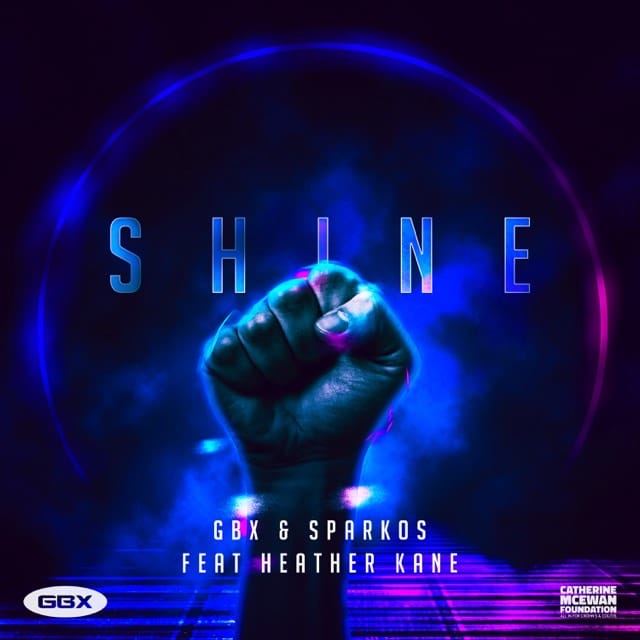
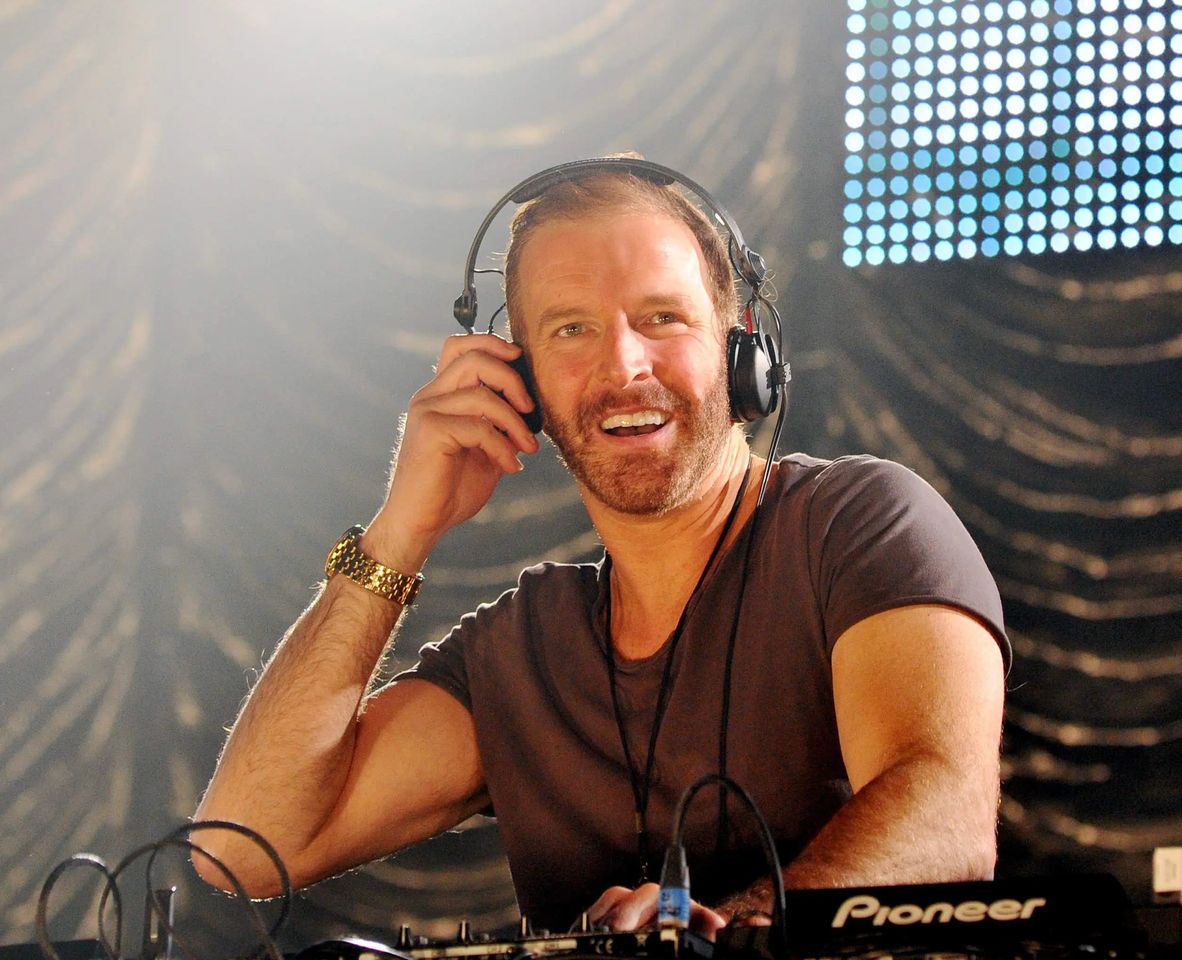
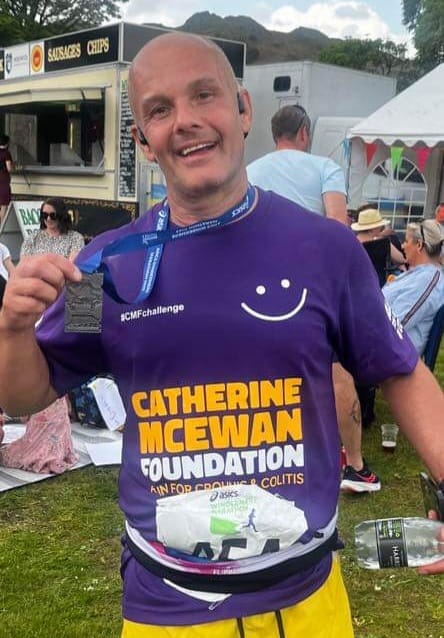
Congratulations Gary McEwan!

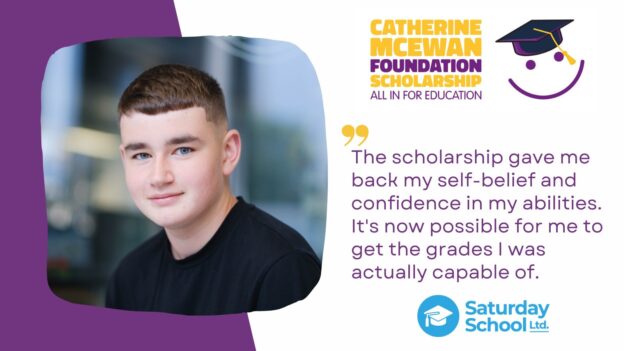
Applications for the Catherine McEwan Foundation Scholarship Programme are open
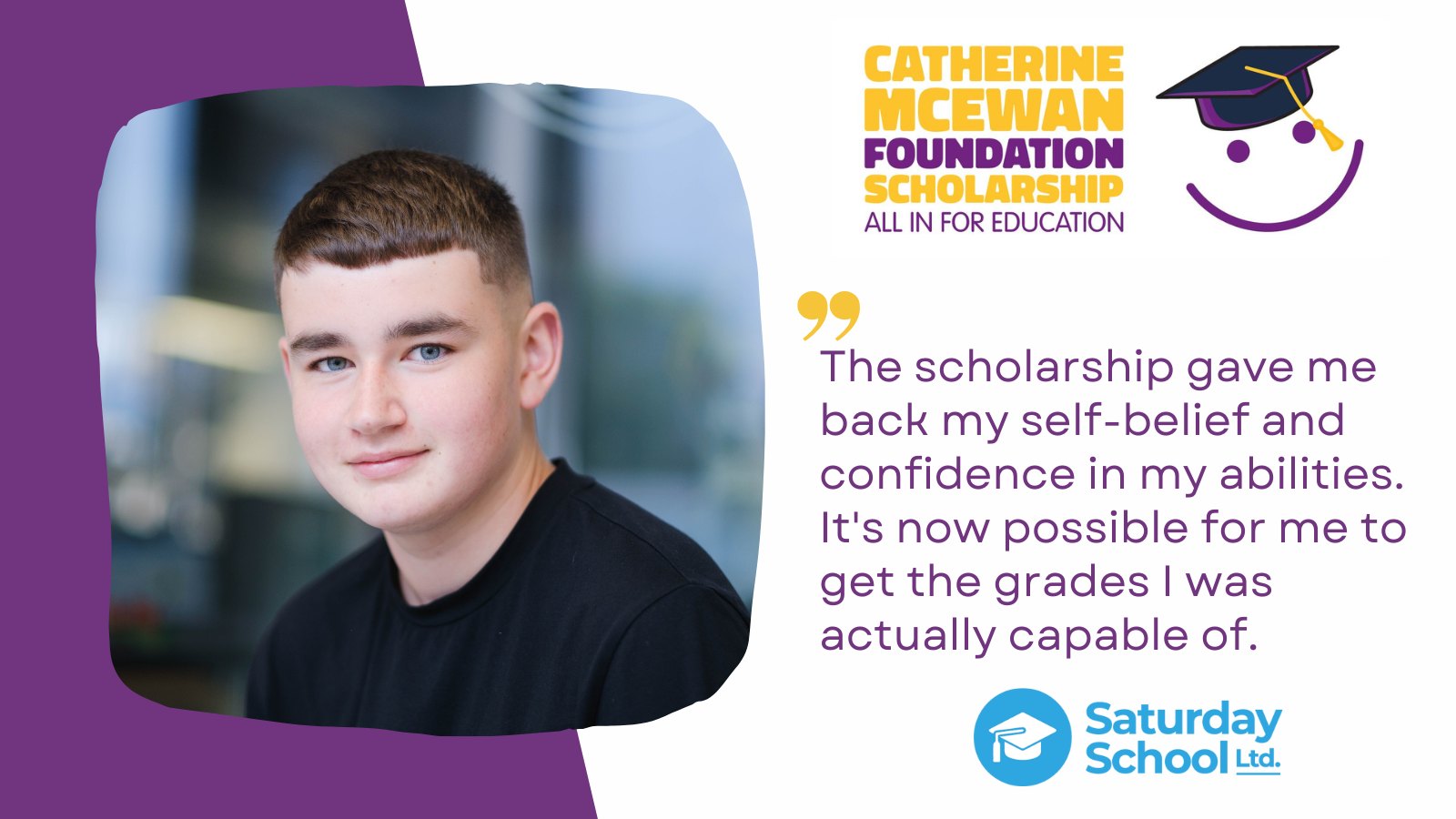
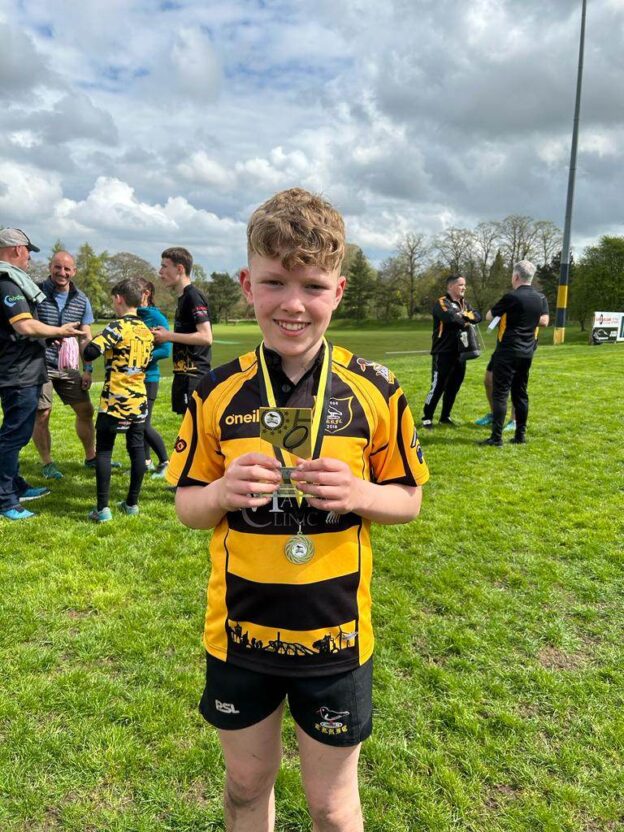
World IBD Day: Angus’s Story
I was diagnosed with Crohn’s at age 7. It started with some blood in my poo and I was sent for a routine Paediatric appointment as I had no other signs of Crohn’s. 3 months later at the Paediatric appointment I was sent straight to the children’s ward at University Hospital Wishaw and given a blood transfusion as I was chronically anaemic. I then had lots of tests including a colonoscopy, endoscopy and an MRI that diagnosed Crohn’s. I was put on a liquid diet for 6 weeks, this was really difficult for me because I love my food. The liquid diet was to allow my bowel to rest. Unfortunately, I was a nonresponder and my symptoms came back worse than ever and I was put on steroids and had to stay in hospital. For the next 3 years I was in and out of hospital at appointments, tests and numerous inpatient stays as the IBD team struggled to find the right treatment for me. I have been on azathioprine tablets that I still take. I was tried on Infliximab infusions that I had to go to hospital for, this was changed to adalimumab injections that are done at home. I would get better for a while then my symptoms would return.
In December 2021 I had to have surgery. This was going to be a right hemicolectomy but my Surgeon reviewed my MRI scan and carried out a smaller surgery of appendectomy and cecectomy. At Christmas of 2019, I was in hospital for 2 weeks and was cheered up by the players from the Glasgow Warriors. They sparked an interest in rugby. After my surgery it took a few months to recover, then I was back on the rugby pitch and I’ve never looked back, I put Crohn’s on the sidelines! The Catherine McEwan Foundation has been a great support. They are amazing at supporting people with Crohn’s and raising awareness around the condition. They put on great activities that allowed me to talk to others going through the same struggles with Crohn’s. Derek has helped me since finding the Catherine McEwan Foundation and whenever I see him he puts a smile on my face.
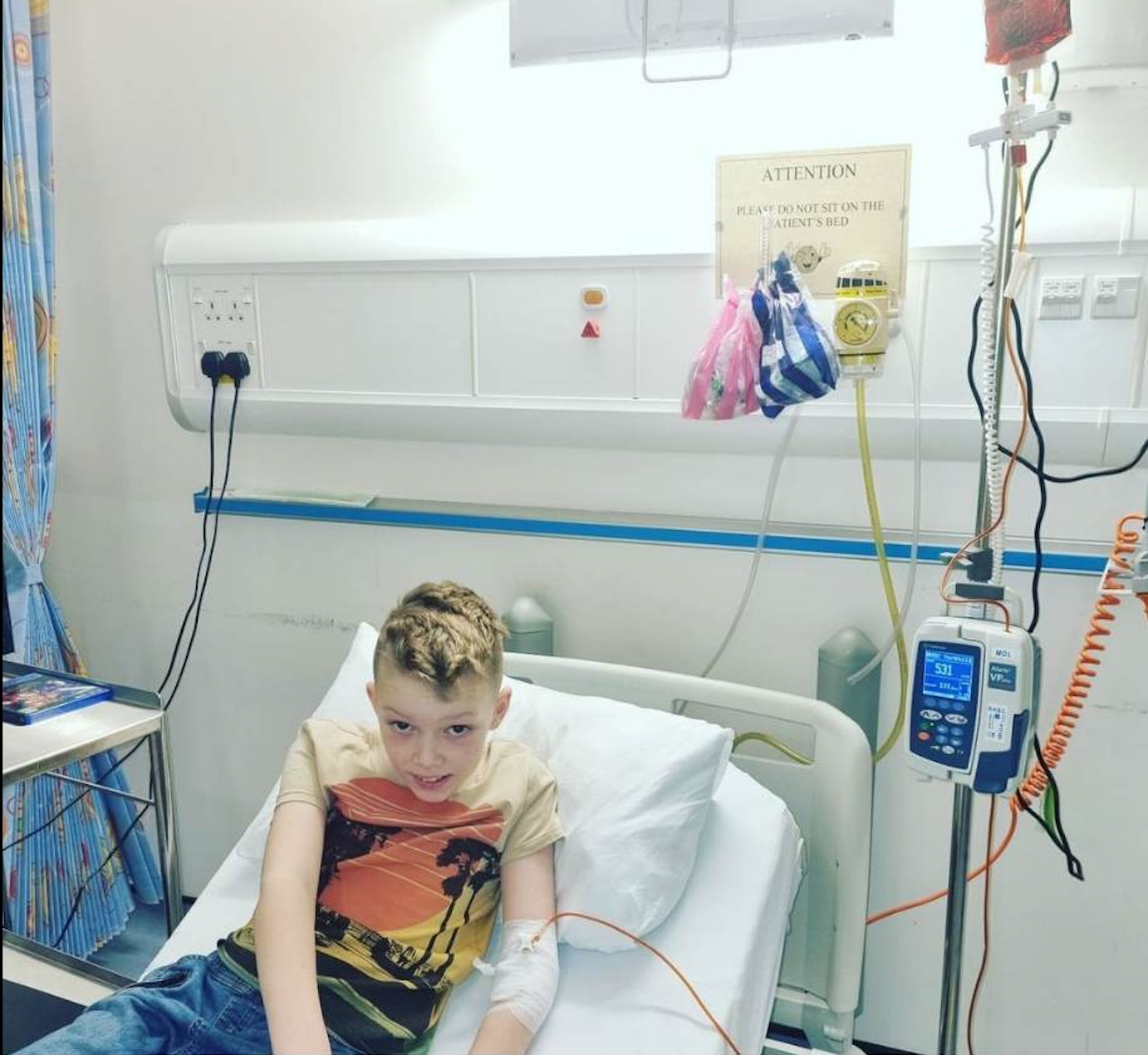
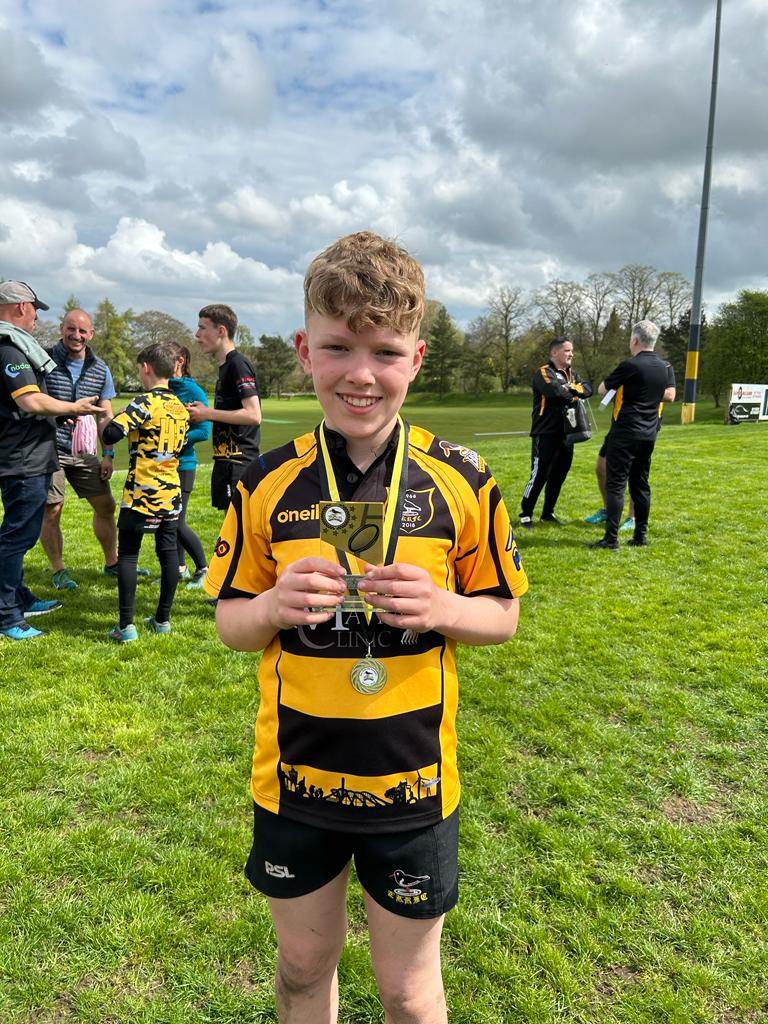
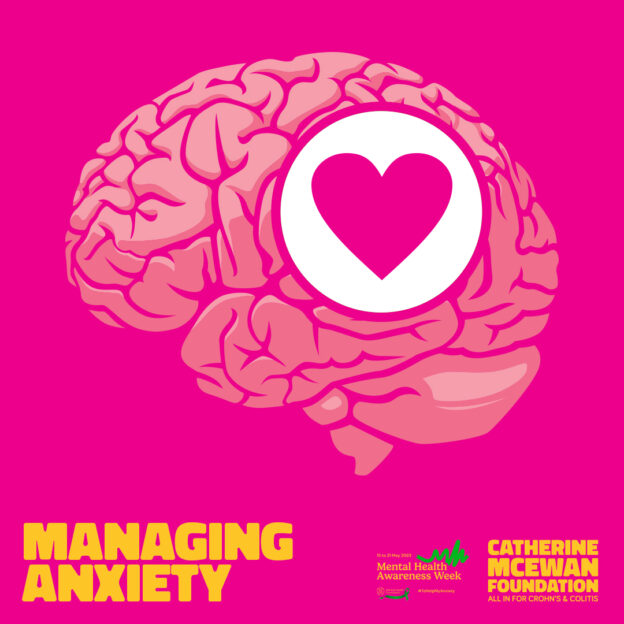
Mental Health Awareness Week: Managing Anxiety
Avril is our incredible psychotherapist who works with our IBD Mental Health Support Service users. Avril has over 22 years of mental health nursing experience, and has also studied CBT, mindfulness, transactional analysis, life coaching, hypnotherapy and NLP. Her invaluable skills and expertise allow her to put together tailored plans for our Crohn’s and Colitis patients to help them battle with the demands that their condition puts on their mental health and face the challenges ahead.
Avril has shared her easy to implement tips and advice on how how to manage anxiety.
Tips and advice:
- Keep physically active – go for a walk
- Avoid alcohol or Recreational drugs
- Eat healthy
- Prioritize sleep
- Establish a routine
- Name what your feeling
- Take a cold shower ( or if your brave a cold ice plunge)
- Breathing techniques using 555 rule ( breathe in for 5 seconds, hold your breath for 5, and then breathe out for and repeat)
- 333 rule ( look around your environment to identify 3 objects and 3 sounds then move 3 body part)
- Keep a journal
- Challenge negative thoughts – ( PAUSE, NOTICE, LABEL thoughts, INTENTION)
- Mediation
- Talk to someone
Remember:
- Anxious is how you feel not who you are.
- Anxiety lies, there is a way through it, you just haven’t found it
- don’t worry about the path ahead just focus on your next step.
- Worrying about the future or thinking of the past robs you of the present moment.
If you would like more information or would like to apply to access our IBD Mental Health Support Service visit > https://bit.ly/MentalHealthSupportService

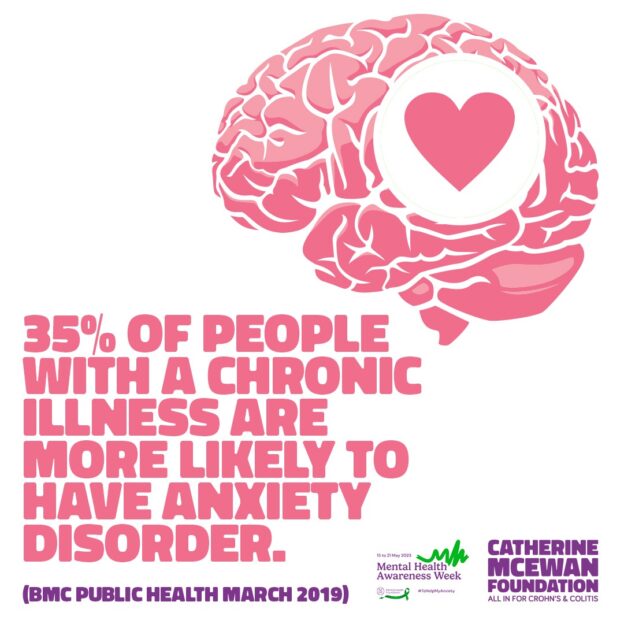
Mental Health Awarenes Week: 35% of people with a chronic illness are more likely to have anxiety disorder.
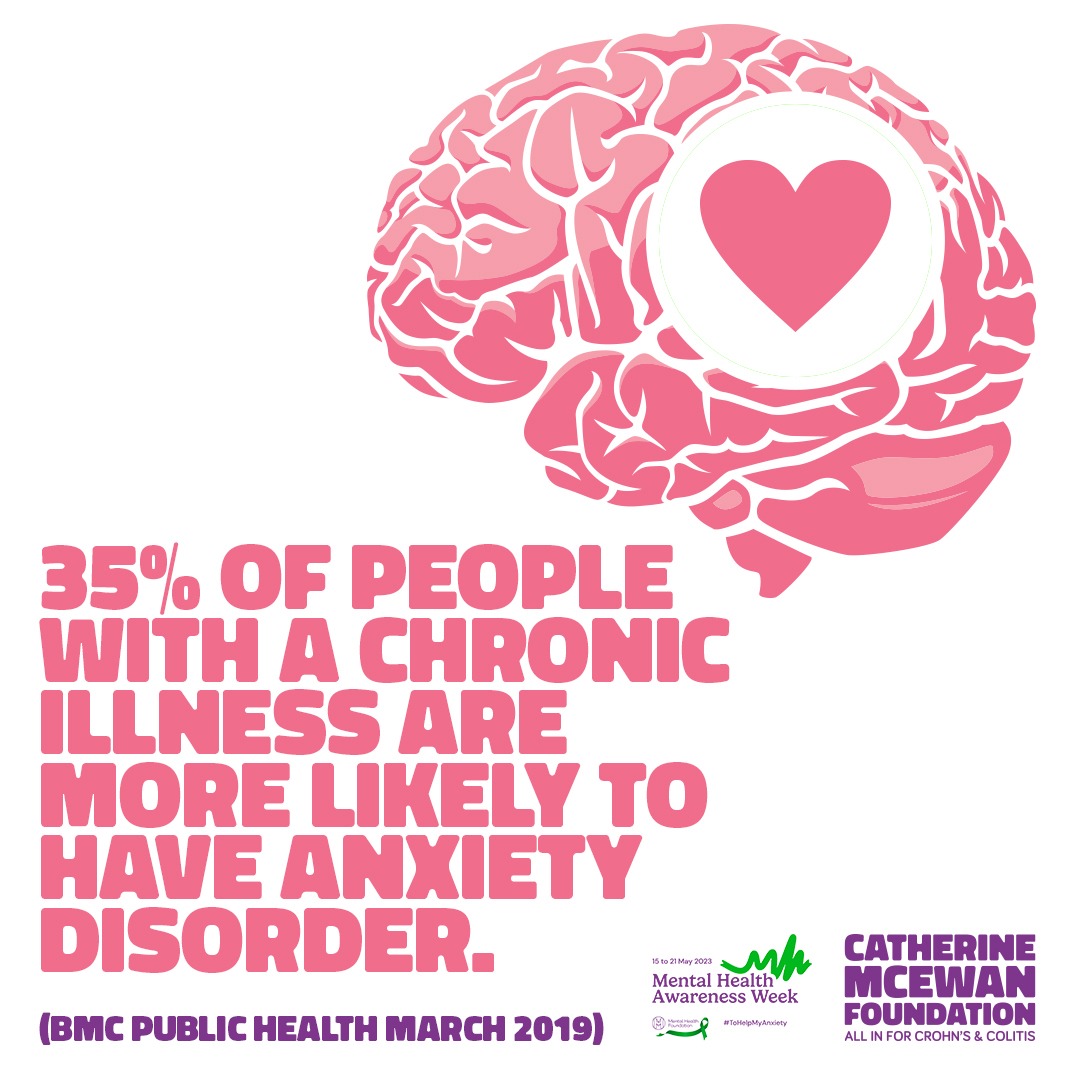
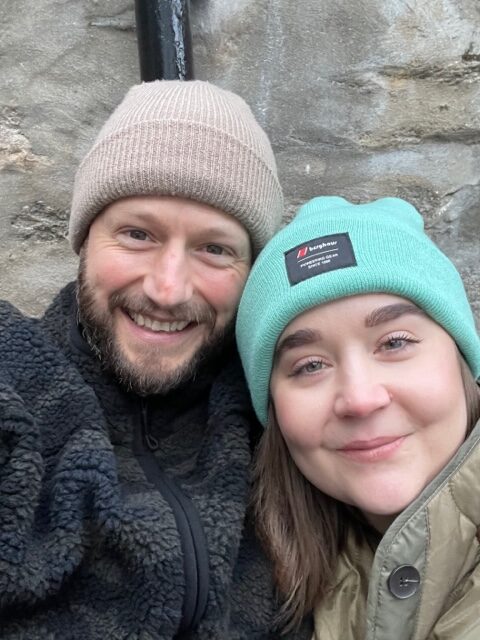
World IBD Day: Jess’s Story
When I was 13 years old I started to feel like something wasn’t right with me. Unsure of what was going on with my body, I just tried to carry on as normal. With every passing week I would feel worse but I would accept how I felt as my new normal. One day I developed lumps on my shins and ankles. They were large, extremely painful, lumps filled with blood. I had also become so exhausted I could barely get out of bed and I was going to the toilet 15 times a night. At this point I realised I couldn’t keep accepting what was going on with my body. After admitting I wasn’t okay to my Mum, she took me to the GP who sent us directly to the local hospital. That day I was diagnosed with Crohn’s disease.
I had no idea what this disease was nor did I anticipate how much it would dominate my teenage years. For the next six years my life seemed to repeat the following cycle:
- Start new medication.
- Medication works.
- Medication fails.
- Hospital admission.
- Pump my body full of steroids.
Return to step 1, rinse and repeat.
As well as going round and round this vicious circle, I underwent numerous scopes, scans and tests at the hospital and endured weeks of liquid diets (15 years later and I still can’t be within a metre of a strawberry milkshake). Because of the severity of my disease, I was absent from school for long periods of time. When I was actually at school, my days were typically filled with anxiety and shame. No teenager wants to be known as the person with the “poo pass” so that they can go to the toilet whenever they want during class. Neither does any teenager want to be gossiped about for “getting fat” over the summer holidays – thanks steroids. However, I am stubborn. Extremely so. I was determined that my disease would not hold me back. I managed to do well in my exams and achieved my goal of being accepted to study Law at the University of Edinburgh.
The excitement of university was short-lived. As soon as I started my first year I felt awful. The pain was all-consuming and I had no energy to do anything. Attending classes was a struggle and socialising meant I spent days in bed afterwards simply recovering. It swiftly became apparent to me and my IBD team that I would need surgery. I don’t even recall being too nervous or scared at this time because I knew it needed to be done.
After my second semester of my second year at university, I took a year off to have the surgery. In February 2010 I had a pan-proctocolectomy: my large bowel, rectum and anus were all removed and a permanent stoma was created. That night, following my surgery, I didn’t sleep at all. I stayed awake chatting to the ICU nurse because I was so excited. I felt different, I felt better. Looking back, it was probably the extreme levels of morphine in my system but at the time I was convinced I was fixed. Within six months of my surgery I was working full time, within 12 months I was back at university studying and the summer following that I was travelling with my two best friends. It’s no exaggeration to say that the surgery changed my life.
For the 10 years that followed my surgery, I was medication free. My only hospital admission during this time was due to a stoma blockage courtesy of a Mr Kipling mince pie that was scoffed with too much gusto.
Then came the Covid-19 pandemic. In March 2020 I started to feel really fatigued and run down. I assumed I had caught Covid or that it was due to the stress of the pandemic. However, I also started to notice cuts and extreme pain *down there*. Any GP I saw or spoke to couldn’t understand what was causing these symptoms. I was dismissed by Gynaecologists who told me that the cuts would be healed by using manuka honey (spoiler alert: they weren’t). It wasn’t until I saw my GI Consultant that I found out my symptoms were caused by my Crohn’s. I was shocked. How do I have peri-anal Crohn’s when I don’t have a rectum or anus? How do I have vulvar Crohn’s? I didn’t even know this type of Crohn’s existed and I thought I had experienced the full spectrum of Crohn’s during my teenage years.
Yet again, I began the cycle of try medication, fail, try medication, fail, try medication, fail. Except this time I was treated to an anaphylactic reaction during one of my drug infusions. By February 2022 I was in so much pain I could barely move. I was exhausted and felt utterly hopeless. Unsurprisingly, I was admitted to hospital. I understood was necessary but it was also far from ideal considering I had a wedding at the end of May to organise.
Eventually, steroids stabilised the progression of my disease and I was started on Golimumab injections which my body didn’t reject (!!). Adding to this, my Dermatology consultant had found a concoction of lotions and potions and antibiotics which seemed to be helping.
Physically I was doing better but mentally I was struggling. I felt like, at 32 years old, I was back at the beginning with a new diagnosis and was facing the same vicious circle that dictated my teenage years. This new flare up had put a halt on my plans to have a family and had meant I had to make a tactical retreat from my legal career ambitions. More than anything, I felt alone. Crohn’s can feel like a solitary battle and dealing with an uncommon manifestation of Crohn’s, like vulvar Crohn’s, was extremely isolating. While my IBD nurse is amazing, she could see that I needed extra support to help with my mental well-being. She recommended that I get in touch with the Catherine McEwan Foundation to see if they could help.
The Foundation was so responsive to my cry for help and a week after getting in touch I was in a meeting with Avril, a fantastic therapist. I had 8 sessions with Avril. The sessions have been transformative for me. I have learned to truly accept my Crohn’s disease and I feel mentally stronger, more than I have in a long time.
Although I am still grappling with this Crohn’s flare, I feel more positive and more emotionally equipped to deal with it. During this recent flare I had been guilty of thinking “why me? Why was I dealt this bad hand?”. But one of the many things Avril taught me is to flip that on its head and instead ask “why not me?”. I was reminded of teenage me and how she didn’t let anything hold her back. I had forgotten that I am still that strong person. The person who has the mentality to not just cope with Crohn’s disease but to thrive in spite of it.
